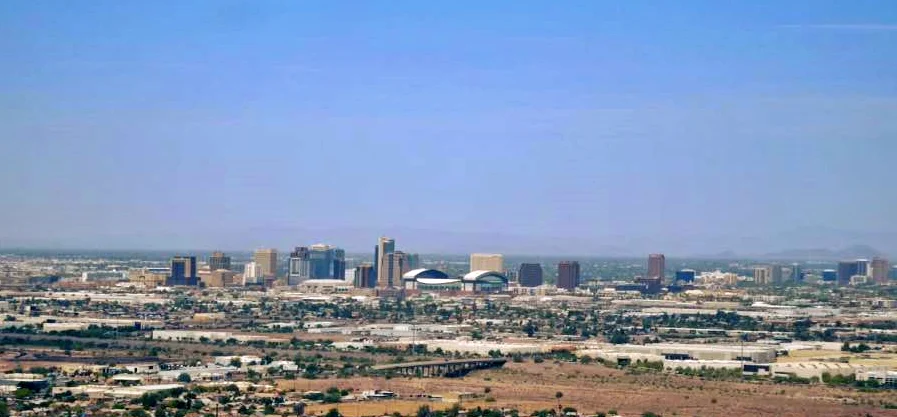The Covid-19 pandemic lives with us as a stark reminder that going against nature is a very bad idea. The SARS-CoV-2 virus is a betacoronavirus like MERS-CoV and SARS-CoV, all of which have their origins in bats. The virus has been linked to wet markets in Asia, where chickens, ducks, fish, dogs, bats, monkeys, and various exotic animals are sold in horrendous conditions.
You can make a pretty good case that humans, if they acted appropriately, might have avoided this crisis.
So it was disappointing last week to learn that Zoom, the au courant video service that has become a mainstay of pandemic life, will open two new research and development centers and hire hundreds of engineers — one in Pittsburgh and one in (head slap) the Phoenix area.
In making the announcement, all sides hit the standard blah-blah-blah, rah-rah talking points we’ve come to expect:
“Both Phoenix and Pittsburgh have incredibly well-educated, skilled, and diverse talent pools that are well-positioned to help support Zoom’s ongoing growth and continued success,” said Eric S. Yuan, CEO of Zoom. “We plan to hire up to 500 software engineers between these two cities in the next few years, drawing largely on recent graduates of the many local universities. We look forward to expanding our team and seeing what we accomplish together as we continue to build our world-leading video communications platform with best-in-class reliability, scalability, privacy, and security.”
“Zoom’s expansion into the Phoenix market reflects the success of our efforts to grow and support a new economy for Arizona that is based on technology and innovation,” said Michael M. Crow, President of Arizona State University. “With 4,500 engineering graduates per year and a nationally competitive faculty that have been honored with the highest awards in their fields, we are making great strides in creating a top-tier, concentrated environment of technology and talent in greater Phoenix to support the workforce and research and development needs of companies like Zoom.”
But other than giving Zoom access to the engineering programs of Arizona State University and Carnegie Mellon University, this makes no sense.
Arizona has been in a 15-year drought and the City of Phoenix says its current drought “has surpassed the worst drought in more than110 years of official recordkeeping.” Climate change and demands on the city’s water sources are not going to make this better.
Building a massive metropolitan area (the Phoenix metro’s current population is 4.9 million) in the middle of a desert is as dangerous and short-sighted as running high-risk wet markets. And companies need to stop and understand the impact of their actions before adding to the problem.
Now, Phoenix is a fine place. And it’s understandable that every city wants economic growth. But we are already past the point where we have to question the wisdom of more growth in environmentally sensitive areas, such as deserts and along coastlines.
No where in announcing Zoom’s new operations in Phoenix does anyone address the company’s environmental responsibilities and how it will mitigate its impact on the region. All we got was a casual obliviousness to anything other than business as usual.
Phoenix takes a certain pride in having conquered its environment. The city, officials say, is built for drought.
But is it really? Is it even possible that the city can mitigate the conditions it faces as it competes for water resource with other larges cities such as Los Angeles, Las Vegas, San Diego and others? In an exhaustive report, Yale 360 points out that Phoenix may not have long term access to one of its primary sources of drinking water, the Colorado River.
None of that is going to stop Zoom, which will immediately begin recruiting software engineering talent for its new location in the desert. Zoom, we are told, “is working with the Greater Phoenix Economic Council and the Pittsburgh Regional Alliance to make expansion into these cities a success.”
But the silence on how the company will mitigate its presence in a fragile ecosystem makes you wonder if corporate America is learning any lessons from the pandemic.
